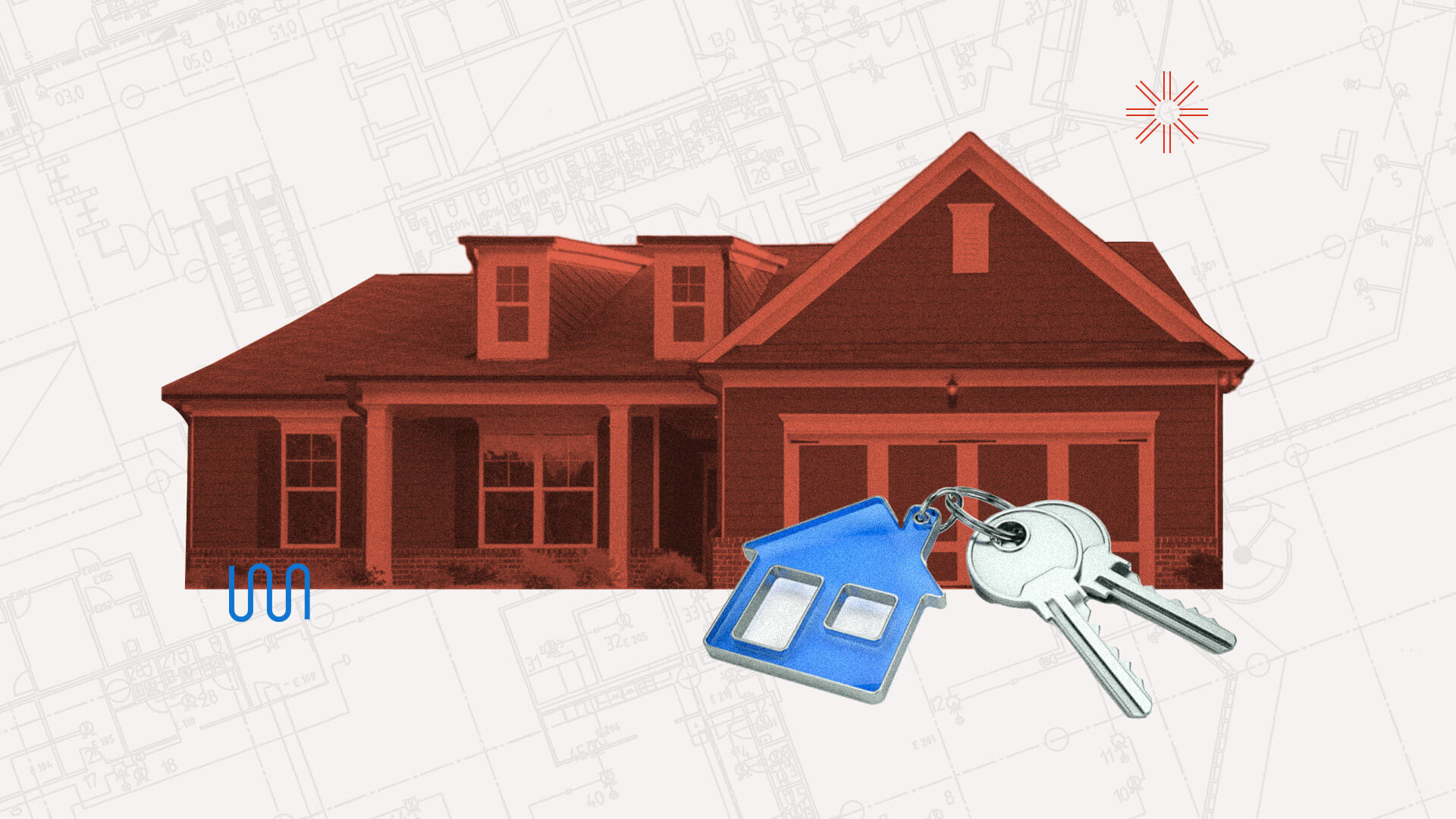
For real estate transactions, an appraisal is usually involved, especially when home buyers are getting a mortgage. Home appraisers and inspectors have local market knowledge and training about every aspect of a home, from the basement to the chimney, in order to create a fair market assessment of the value of the home.
Appraisals are built into the transaction timeline to allow for an at-home visit for an appraiser. With the pandemic, virtual appraisals became popular as a step in the eClosing process, showing home buyers, real estate agents and appraisers themselves benefits including time savings and convenience.
Defining the virtual appraisal
A virtual appraisal is a digital home appraisal. Rather than an appraiser visiting and inspecting a home in person, the appraisal is done using technology. There are a variety of different approaches that a digital appraisal could take:
- Drive-by appraisal: With this kind of appraisal, the appraiser visits the property and expects the exterior, then reviews images of the interior or does a videoconference tour of the home either with the homeowner or the real estate agent. This option became popular with social distancing during the pandemic.
- Remote virtual appraisal: In this case, the appraiser does not visit the home, and instead relies on a video conference for both the exterior and interior inspection of the home.
- Augmented reality (AR) appraisal: Some appraisers have associates who use AR technology to visit the property and provide footage for the appraiser so that they don’t need to travel to or enter the home, but are able to look at the house the way they need to.
A virtual appraisal includes the same elements as an in-person appraisal, including inspecting hard-to-reach parts of the house such as a crawl-space or attic. This means that the homeowner on videoconference or associate needs to be able to operate the technology being used and also move throughout the home at the same time.
Virtual appraisals: where they’re allowed
Appraisers are an important part of the lending and transaction process, so moving to virtual appraisals means that a number of different groups, including national, state and local organizations are part of the shift. Appraisers are certified at the state level, and virtual appraisals are therefore subject to state-level approval.
However, during the pandemic, both Fannie Mae and Freddie Mac allowed for “alternative appraisal” options to accommodate required social distancing from the CDC. These allowances proved to be so popular that they are now launching their own remote appraisal solution.
Appraisers are big fans of remote technology because it frees them up from long travel to faraway properties and eliminates the need to enter people’s homes. With the positive momentum that began during the pandemic, it is likely that virtual appraisals become mainstream nationwide.
The benefits and challenges of virtual appraisals
There are a number of important benefits that come with virtual appraisals. These benefits are not just for the appraiser, but also for the home buyer and the real estate agent, as virtual appraisals provide another tool to ensure a fast and efficient home sale.
Here are a few of the most important benefits:
- Time savings: With a virtual appraisal, appraisers and real estate agents don’t have to spend time traveling to the property, which can sometimes take hours in a day for a single appraisal. This allows appraisers to handle more volume and focus on other elements of the appraisal, such as real estate comparisons.
- Equity: Research has shown that appraisal bias significantly impacts property values of majority-minority neighborhoods when compared with property values of majority-white neighborhoods. The Federal Housing Finance Agency (FHFA) has said that the use of virtual appraisals or "desktop appraisals," may help to limit the potential for racial or ethnic bias towards a home's valuation.
- Flexibility: Offering virtual appraisals opens an appraiser up to working with real estate agents that are in different markets, and allows for appraisals to be scheduled at times that don’t need to account for issues like traffic.
- Peace of mind: Homeowners that are concerned about Covid or have other reasons not to invite an appraiser into a home (such as a pet or a baby) will be glad to have a virtual option.
However, virtual appraisals are not exactly the same thing as an in-person visit. Appraisers need to get used to the technology and may need to alter their typical approach in order to get all of the input they need to make an accurate appraisal.
Virtual appraisals are an important tool for real estate agents and lenders
Real estate agents benefit from having a virtual appraisal option, and should embrace this new approach as a way to create more choices for their clients and speed up the closing process. A homeowner may want a virtual appraisal for any number of reasons, and will be glad to know that their real estate agent has experience with it.
The real estate agent can act as a coach to help the homeowner make the most of a virtual appraisal, such as recommending staging, cleaning or making repairs to improve the look of the home.
Having the option of a virtual appraisal is not only good for customer experience, it can save time and increase the potential customer base for real estate agents and lenders.


